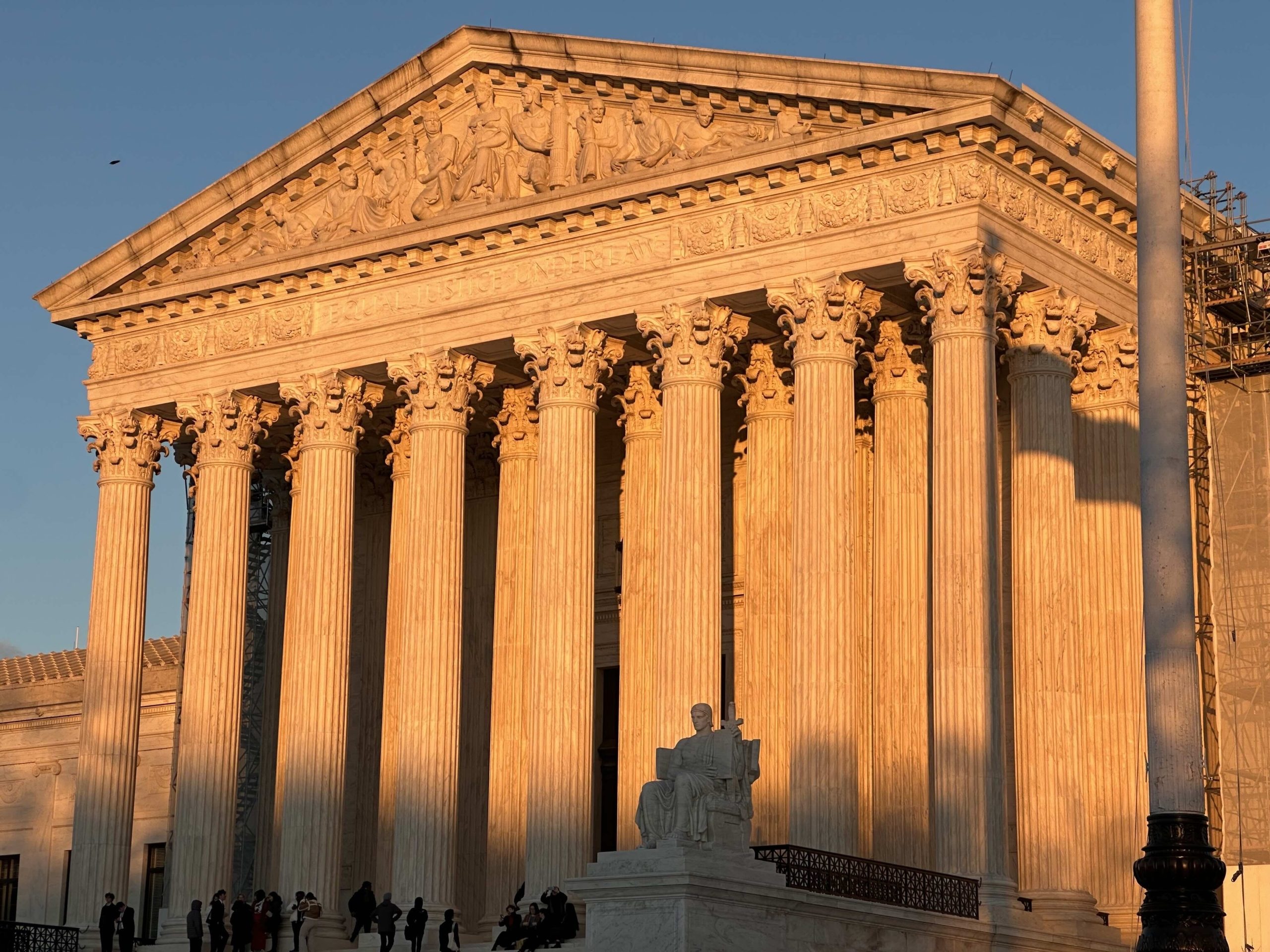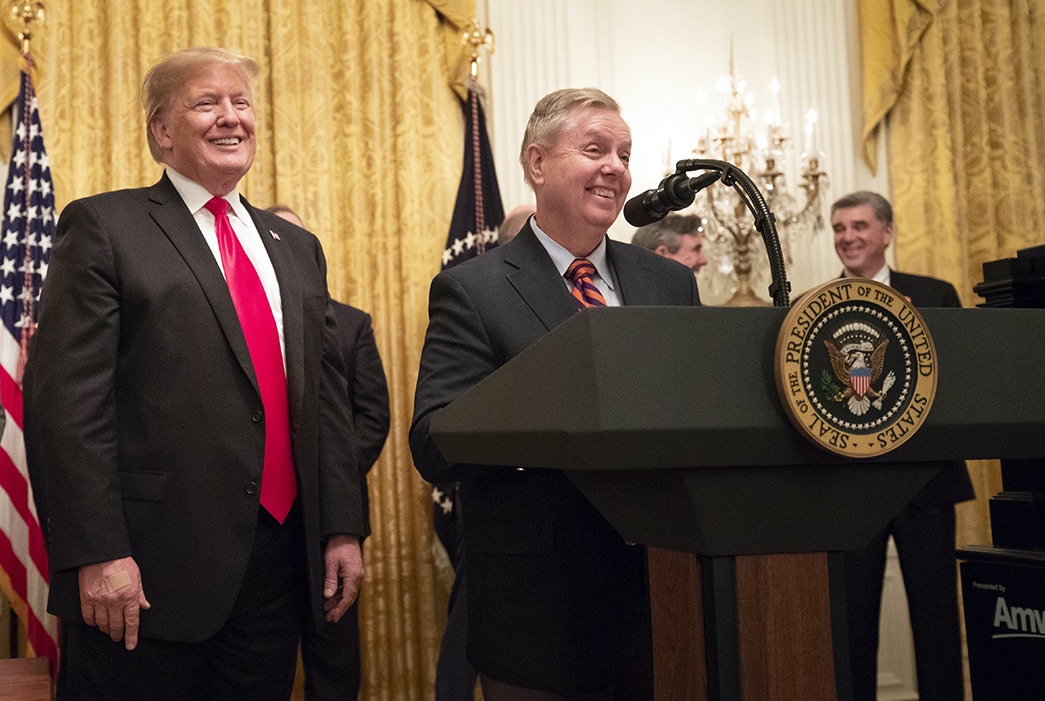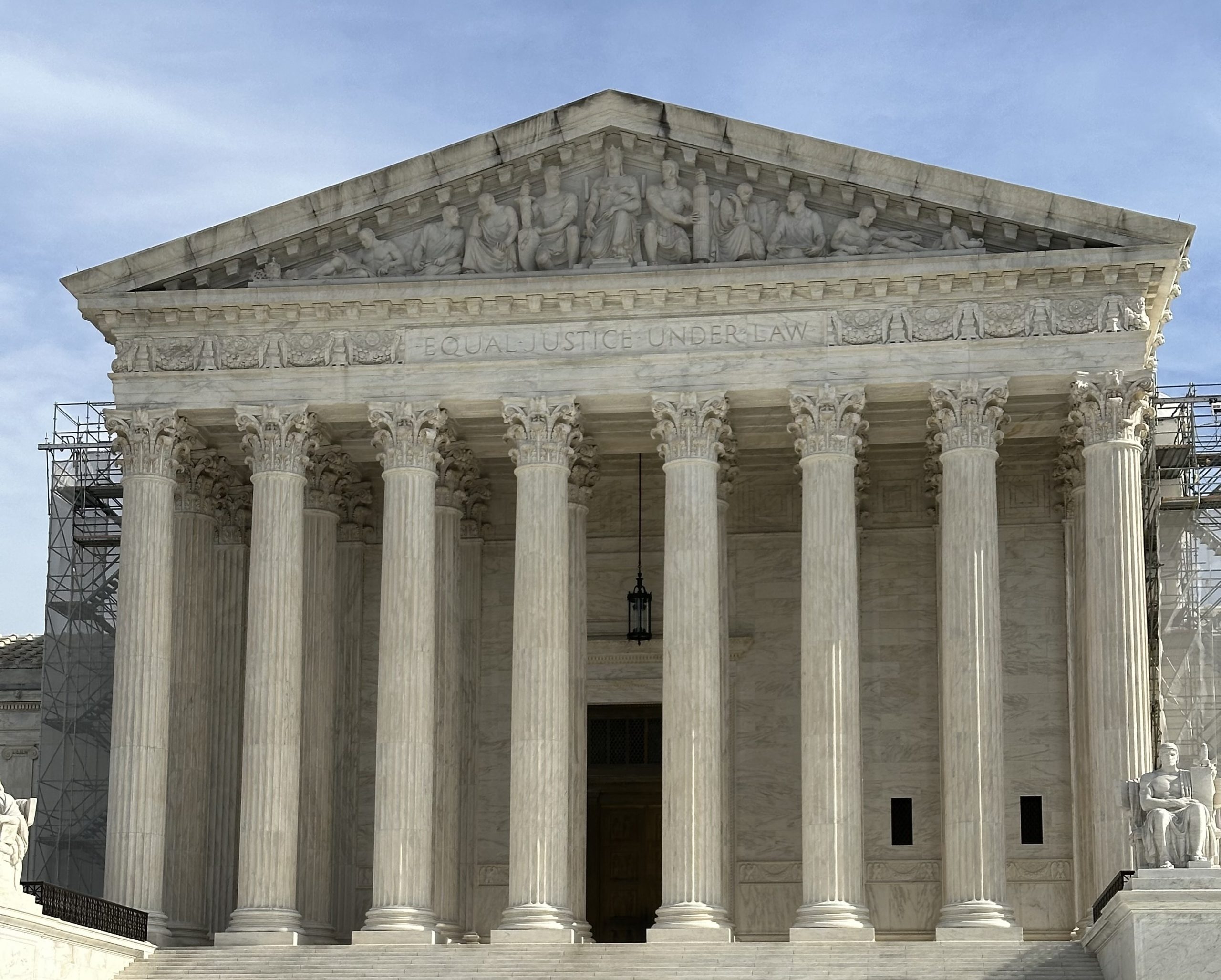Some civil rights cases are not eligible for attorney’s fees
OPINION ANALYSIS
The Supreme Court ruled on Tuesday that a group Virginia drivers who challenged a state motor-vehicle law were not entitled to reimbursement for their attorney’s fee, even though a federal court had issued an order in favor of the drivers that temporarily prevented the state from enforcing it and the state legislature repealed that law. Chief Justice John Roberts wrote the majority opinion. Justice Ketanji Brown Jackson dissented, in an opinion joined by Justice Sonia Sotomayor.
The case began in 2018 as a challenge to the constitutionality of a Virginia law that requires the automatic suspension of the driver’s licenses of anyone with unpaid court fines and fees. The state did not appeal when a federal district judge in Virginia granted a preliminary order that would prevent the state from enforcing this law while the litigation was ongoing. That prompted the district court to dismiss the case as moot – that is, no longer a live controversy.
In most litigation in the United States, each side pays for its own attorney’s fees. The U.S. Court of Appeals for the 4th Circuit agreed with them.
On Tuesday, the Supreme Court reversed the 4th Circuit’s decision. The U.S. Court of Appeals for the 4th Circuit agreed with them.
On Tuesday, the Supreme Court reversed the 4th Circuit’s decision.
Roberts explained that when Congress enacted the fee-shifting provision, whether a plaintiff was a “prevailing party” did not “depend upon the degree of success at different stages of the” lawsuit, but instead on “whether, at the end of the suit,” the plaintiff has succeeded.
But winning a preliminary injunction, like the one that the district court issued in this case, Roberts reasoned, cannot make a plaintiff a prevailing party, because in such a scenario the plaintiff “has achieved only temporary success at an intermediary stage of the” lawsuit.
Indeed, Roberts noted, it is not uncommon for courts to issue a preliminary injunction, only to reach a different result after it considers the merits of the case more fully. And the fact that events outside the case leave the dispute moot, Roberts emphasized, cannot “convert a temporary order” like a preliminary injunction, which is “designed to preserve the status of the parties,” into “a conclusive adjudication of their rights” that can make a plaintiff a “prevailing party” for purposes of a fee award.
Holding that the drivers in this case are not “prevailing parties” is also consistent with the court’s earlier cases involving attorney’s fee awards in civil rights cases. Roberts explained that the court in 2001 rejected the idea of a plaintiff receiving attorney’s fees if a defendant changed its behavior as a result of the lawsuit. That case, he explained, made clear that the change in the legal relationship between the plaintiff and the defendant must be “judicially sanctioned.”
And six years later, the court held that a plaintiff who obtained a preliminary injunction but not a permanent one was not a “prevailing party” because the change in the legal relationships was not “enduring.”
“Today,” Roberts wrote, “we establish that the enduring nature of that change must itself be judicially sanctioned. A plaintiff who wins on a temporary preliminary injunction is not a “prevailing party” simply because external events turn the transient win into a lasting victory. He concluded that a plaintiff “prevails” under the statute if a court definitively resolves a claim which materially alters their legal relationship. Roberts rejected the drivers’ claim that the rule would lead the government to moot a case after a preliminary order is entered against them in order to avoid paying attorney’s fees. Jackson’s dissent questioned the majority’s assertion in her dissent that Tuesday’s decision “follows from” earlier decisions of the court. She emphasized that all 11 federal courts of appellate jurisdictions that have addressed the question “agree that at least certain preliminary injunctions are eligible for fee eligibility” under federal law. Moreover, she warned, it is “plainly inconsistent with that statutory provision’s clear objective, which is to encourage attorneys to file civil rights actions on behalf of the most vulnerable people in our society.”
This article was originally published at Howe on the Court.






